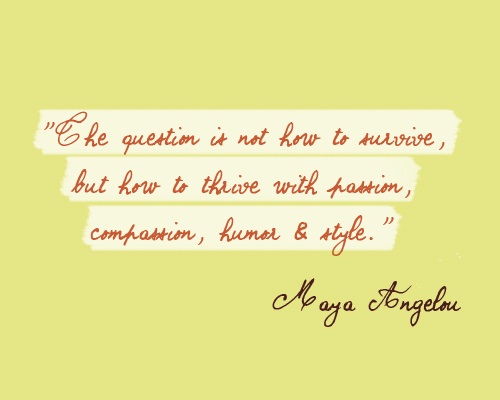Why is it so easy to believe in things that are negative? Do you fear that the things you are most afraid of will haunt you? How can we rethink the negatives and make them positives? Is this even possible? Do you believe in the power of the mind?
Recently I sat down with a student who wanted to share the frustration and anxiety being experienced while preparing for an upcoming exam. I could physically feel the pain and anguish as I sat listening quietly to this outpouring. The student described feelings of being torn, helpless, and being an outright failure. Though it may have seemed dismal, I was happy that this student took the time to reflect on the upcoming task and admired the sincerity, and courage to speak up about this internal conflict! How many of us would have been this brave? Honestly?
It was indeed a learning curve for me! I have witnessed first hand what it takes to be a "reflective learner". Here was this student, thoughtfully analyzing and assessing to determine how best to move forward. This was one of the most fulfilling part of my career. We don't get to see this happening much in the classroom but when it does, you get an overwhelming feeling of satisfaction. When students are able to predict their performance and monitor their level of mastery and understanding (metacognition) they become more actively involved in their own learning. Additionally, they have to become resilient learners.....who are not afraid of failure.
There are two types of mindsets according to Carol Dweck. A fixed mindset where intelligence is seen as "fixed" as compared to a growth mindset where intelligence can be changed and developed (Dweck, 2008). A growth mindset can be developed from three simple steps:
- Learn, learn, learn
- Realize hard work is the key
- Face setbacks
Sadly, overcoming a fixed mindset is challenging. It requires extraordinary discipline and total commitment. As educators, we have to be prepared to guide students as they transition from identifying their current state to the their desired goal. The realization of such a goal is also intricately associated with the power of self motivation and possessing a positive mental attitude. This is where it becomes even messier! A conscious decision has to be made to bring about the desired change. THIS IS THE POWER OF THE MIND!!
Together the student and I worked out a plan of action. I knew that if the plan was followed through it would bring ultimate success....in time. Additionally, such qualities as patience and discipline are imperative.....other challenges to overcome with time.
How many times in life have we been faced with the same? How did you succeed?
I will now close with the following:
"The Man Who Thinks He Can"



